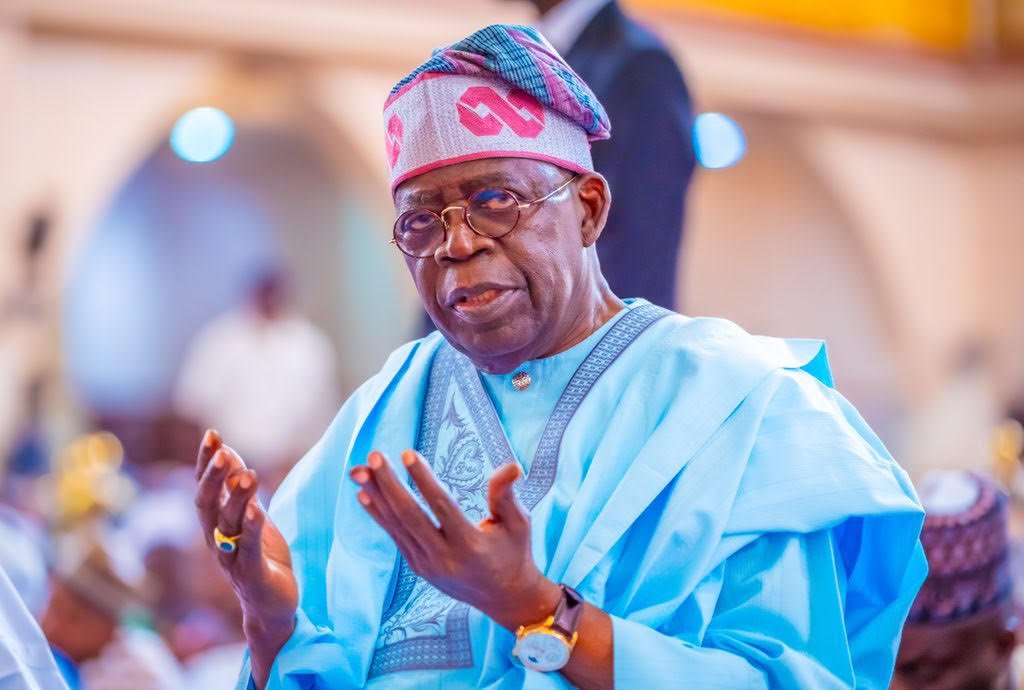LAGOS, Nigeria – Ten months ago, President Bola Tinubu pledged a National Youth Conference to give young Nigerians a stronger voice in shaping policy. For the country’s restless youth population—more than 60% of whom are under 25—the announcement sparked rare hope.
Today, that hope is fading. The much-anticipated youth conference is yet to materialise, deepening frustration among young Nigerians who feel increasingly excluded from national decision-making. In this report, Korede Abdullah, Africa Health Report (AHR) Southwest Correspondent, explores the implications of the government’s prolonged silence—while the initiative remains stalled without clear timelines, funding, or direction—through the voices and insights of experts.
“The government must understand that youths are not asking for handouts,” said Auwal Rafsanjani, Executive Director of the Civil Society Legislative Advocacy Centre (CISLAC). “They are asking for a platform to shape their own future. Delay is not just disappointing—it is dangerous.”
Echoes of Past Uprisings
Nigeria has a history of youth-led movements that have shaken the nation. From the 2020 #EndSARS uprising—sparked by police brutality, harassment, and killings that ended in a bloody crackdown—to the August 2024 #EndBadGovernance protests against the fuel subsidy removal, each has carried heavy costs.
The subsidy removal triggered skyrocketing fuel prices, soaring transport fares, inflated food costs, and widespread hardship for ordinary Nigerians. Fueled by record food inflation and mass unemployment, the protests once again ended in tragedy when security forces opened fire, killing at least 14 people, including minors.
“The stakes are high: alienating youths now risks sparking unrest,” one political analyst cautioned. “A generation that feels unheard can easily become a generation that resists.”
Budgetary Omission
Africa Health Report (AHR) findings show that scepticism has grown because no provision was made for the NYC in the 2025 Appropriation Act, which allocated ₦54.99 trillion without a single line item for the conference.
Analysts warn that without dedicated funding; the government may lack the capacity or intention to implement the initiative. Transparency International’s Nigerian chairman, Auwal Rafsanjani, described the silence as a missed opportunity: “The ten-month silence not only erodes confidence in government pronouncements but deepens the historical mistrust between the Nigerian youth and successive administrations.”
He further argued that neglecting youth inclusion now could have destabilising political and social consequences in the near future.
A Narrow Window for Action
Experts insist the government still has a small window to salvage credibility.
Activist Deji Adeyanju urged: “The President must publicly reaffirm his commitment. Youth engagement cannot be postponed. If the administration truly wants to secure a legacy of inclusion, innovation, and growth, it must act now—not later.”
Analysts also argue that this time, outcomes must not be left to gather dust like past national dialogues. Clear timelines, transparent representation, and dedicated budgetary support are widely seen as minimum conditions for success.
A Test of Credibility
For Tinubu’s government, the Youth Confab delay has become more than a broken promise—it is a litmus test of credibility with Nigeria’s 130 million young people.
If pursued with urgency and sincerity, the conference could help rebuild trust, tackle youth unemployment, and foster national unity. But if reduced to symbolism, it risks cementing disillusionment and widening the gulf between Nigeria’s leaders and its restless youth.
“A government that can plan billion-naira summits for foreign investors can also fund a domestic platform for youth,” Rafsanjani noted. “This is not a favour—it is their right.”



